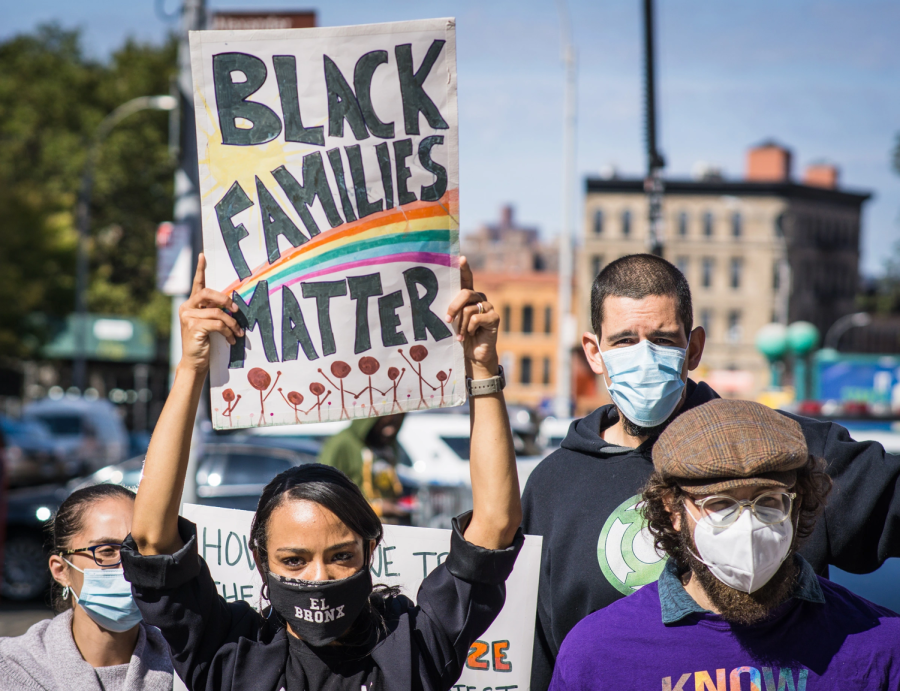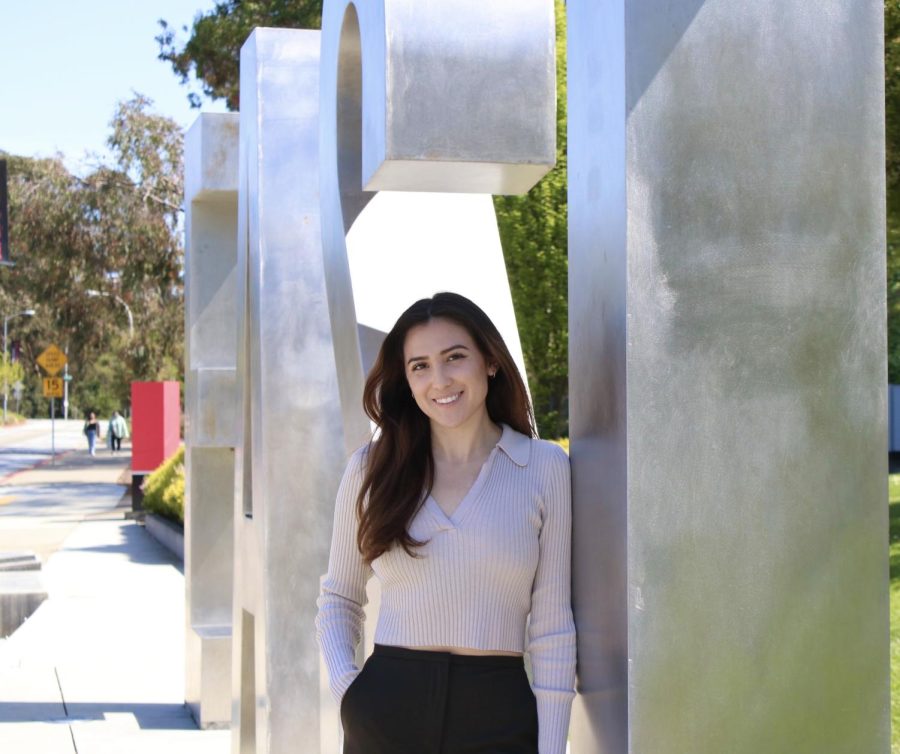In 2005, CSU Hayward became CSU East Bay, a name change which, seven years later, still divides our city and community.
The concerns, complaints and reasons have not changed: administration and supporters believe the name change signifies “the university’s expanded vision and its role as a regional institution,” while a majority of Hayward residents, alumni and politicians continue to express their discontent with the lack of pride and recognition reflected in the change.
Students continue to be divided over the issue with their peers, as many believe it ignores a much needed local hubris to stimulate business, while others testify that an encompassing slogan of a greater East Bay community is what brought them to this school.
The East Bay is one of the most ethnically diverse regions in the United States, and CSUEB represents this with a student and faculty population comprised of nearly equal parts — 20 percent Asian, Hispanic and Caucasian, and 10 percent African-American.
The intention for the administration was to reach out to prospective students of the East Bay, as the original campus of CSUEB was established in Hayward, but currently the institution includes adjunct facilities in Concord and Oakland. The plan was akin to those used in the past by CSU Monterey Bay, Humboldt State University and CSU Stanislaus, all whose campuses do not reside in the specific location of their namesake town. Rather, each university is located in smaller suburban areas within the region, and with historically lower enrollment rates, proponents of the name change in 2005 related how the change for CSUEB could alleviate that issue.
“You have started a wise dialogue with yourselves and the administration that has at times been confrontational but that dialogue has a lot of integrity,” said Kathleen Kaiser, addressing the students at a January 2005 meeting, as reported by the San Francisco Chronicle. “If the new name is adopted, it’s up to you to make something of your campus’ future.”
California State University Trustee Kathleen Kaiser, who voted in favor of the Cal State East Bay title in 2005, told the San Francisco Chronicle in 2005 that the Hayward campus is “struggling” and a name change could be the start to a better future.
In contrast, then Hayward Mayor Roberta Cooper called the proposal “a slap in the face,” as reported by the Chronicle. Students held rallies on campus against the change shortly after.
Whether you believe it’s a slap in the face or an annoyance you just can’t get rid of, what is clear is emotions still run high, as they should.
Many Hayward City Council members have expressed at town hall meetings and forums the name change has prohibited the surrounding area from becoming a “college town,” and doesn’t attract businesses to set up shops in Hayward.
Hayward has an undeserved reputation as a tough city. The name change has instead vocalized a greater East Bay community rather than Hayward, and many Hayward residents and politicians have resented that, and rightfully so.
However, this long-standing resentment is causing an unnecessary rift in the community of the East Bay.
Rather than continue the narrative of unrewarding bickering, we should unite as a community under the name of our university.
The East Bay needs to move on as a community and continue the work of bringing pride to the university of which we represent.









